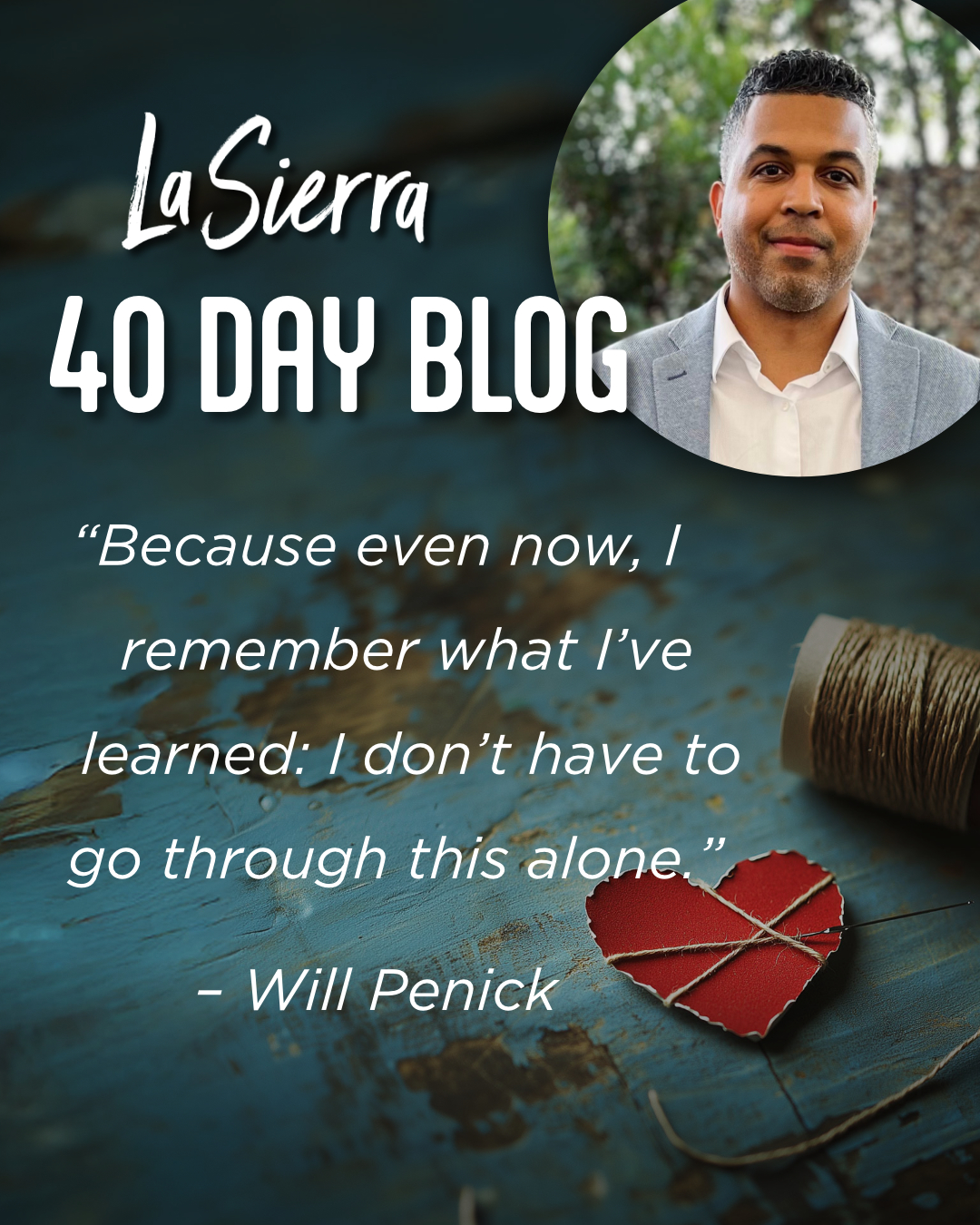Life has its ups and downs, but it’s those times when everything feels like it’s falling apart that really shake us—and yet, what feels like the end can actually mark the beginning of something good.
A few years ago, I had one of those moments. I had just transitioned to the Conference Office as Associate Ministerial Director while raising a young family. My wife Connie and I had decided we were ready for another child. Our daughter Ari was 3 and thriving, and we felt ready.
At first, we struggled to conceive. But I still remember the moment Connie told me she was pregnant—we grabbed each other and Ari and celebrated like there was no tomorrow. Then, things got hard. Connie faced intense all-day morning sickness and complications we hadn’t experienced with Ari.
At the same time, I was drowning in responsibilities. I couldn’t sleep. I felt numb and just went through the motions—planning events, supporting pastors, being present for my family. Even my devotional life felt dry. I kept praying, kept reading, but God felt silent. Distant. It was my second time in life battling what felt like depression.
I was also wrestling internally with the fact that we were having a son. I was excited—but also afraid. I was a proud girl dad. Ari and I were close, and I couldn’t imagine loving another child the same way.
It all came to a head during a staff spiritual retreat at La Sierra University. We had five hours alone with Jesus. I found a concrete bench under a tree, opened my Bible, and started journaling. The passage that day was one I’d read many times—Jesus calming the storm (Mark 4). But this time, it broke through my emotional fog.
Jesus stood in the middle of chaos and said, “Peace, be still.” That moment hit me. God spoke peace to the storm in me. My circumstances hadn’t changed, but something inside me did. God reminded me I wasn’t alone, that I wasn’t meant to carry it all, and that He was with me.
Here’s what I learned through it:
1. Don’t go it alone.
I reached out for help. I started therapy. I didn’t want to burden Connie, but I tried to be honest so we could support each other. My accountability partners and monthly “time with Jesus” practices helped carry me toward healing.
2. God is here—even when it doesn’t feel like it.
Scripture reminds us that God never leaves us (Deut. 31:8, Heb. 13:5, Matt. 28:20). Even in silence, He’s present. I kept showing up for my time with God, choosing faith over feelings. And eventually, my feelings caught up with my faith.
3. Healing takes time.
Whether it’s grief, change, or struggle, you can’t rush the process. The more we try to control it, the more we get in our own way. We just have to keep coming back to the Source.
4. God can open your heart again.
That day under the tree, God opened my heart. And when Liam was born, I discovered a new capacity to love. I didn’t love him more or less than Ari—just differently, completely, and fully. Our hearts can grow.
Now, I’m in another season of pain. Over the past seven months, I’ve lost my father-in-law, a close cousin, and just recently, my uncle—who was like a second father to me. It’s been grief on top of grief. When I got the call about my uncle, I felt crushed.
Since that day, my son Liam—our little empath—has been glued to me. It’s like he senses my deep sadness and refuses to let go. And honestly, I’m doing the same. I’m holding onto him, and holding onto God. Because even now, I remember what I’ve learned: I don’t have to go through this alone. God is still with me. Healing will take time. And one day, God will open my heart again. I don’t know what “good” looks like on this side of grief yet, but I trust I’ll find it again.
Will Penick serves as ministerial director for the Southeastern California Conference of Seventh-day Adventists and has recently made La Sierra his home church, with his wife Connie, daughter Ari (6), and son Liam (2).

